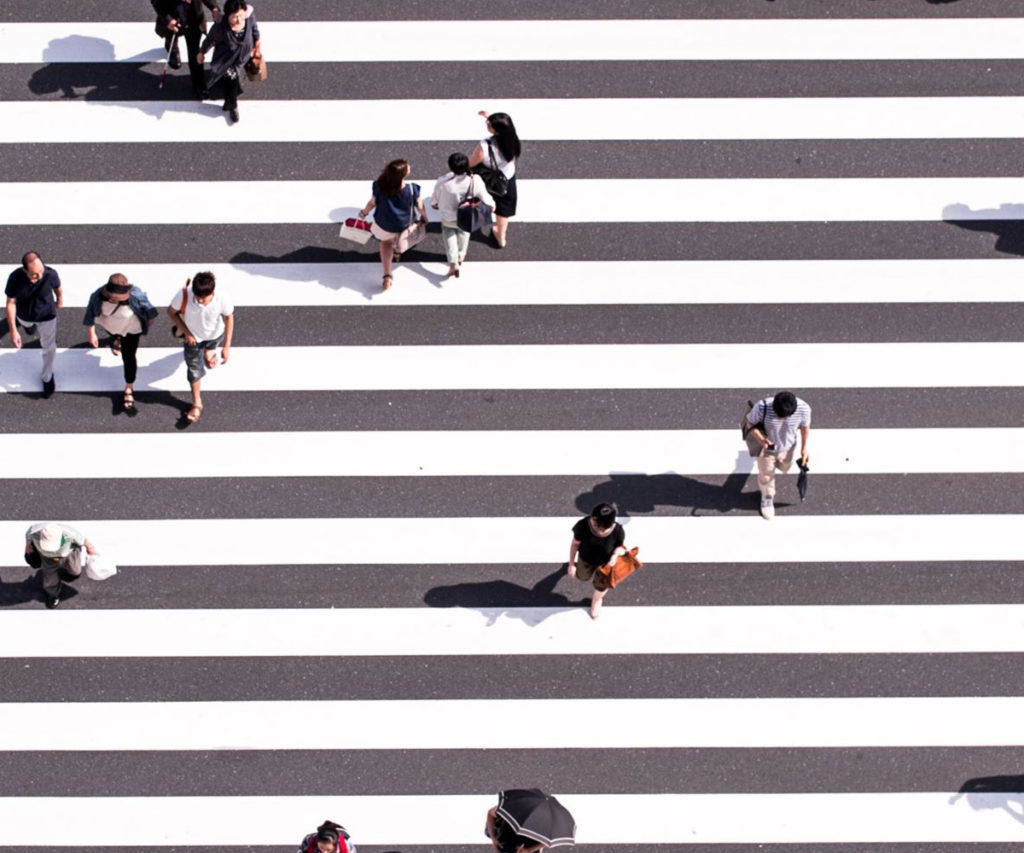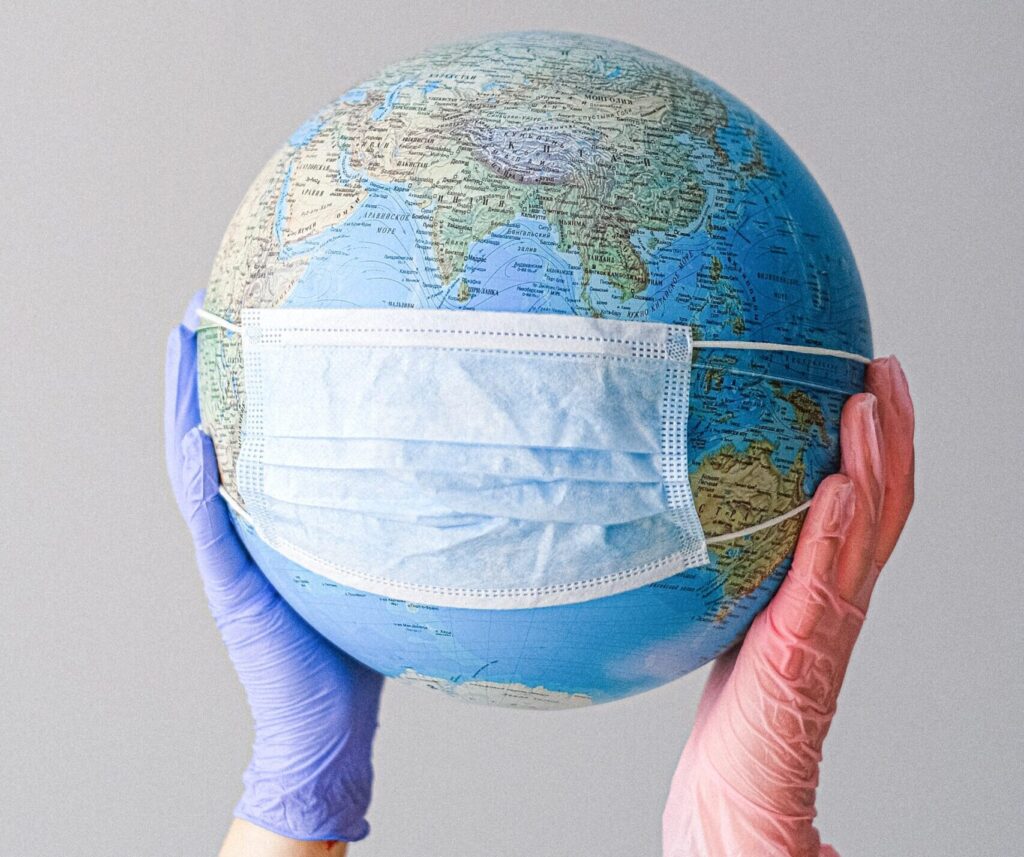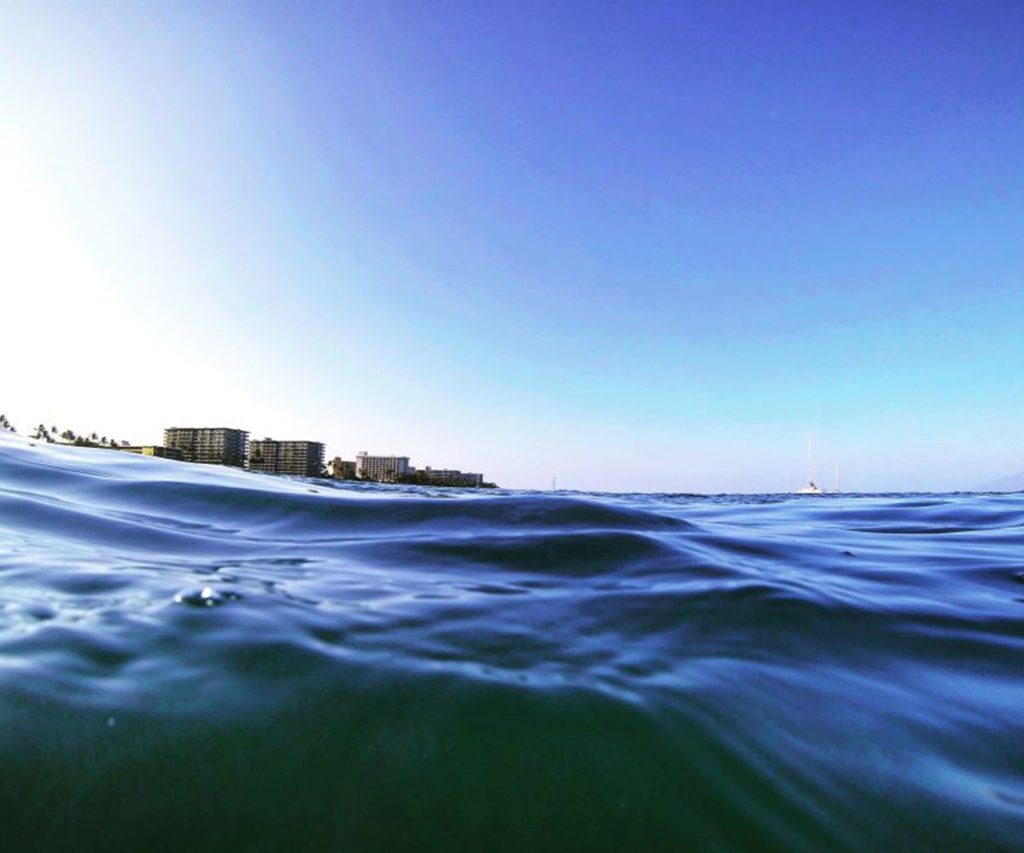Kaisha Woo and Vivian Seo are not only best friends but an unstoppable team.
Gowld Art Centre (GAC) was founded by Kaisha in 2017 as a Hong Kong-based social enterprise, to develop the arts ecology and promote arts education for all in Asia through a wide range of regular courses and short courses and workshops. Vivian joined in 2019 initially as a business advisor and eventually became a member of the core team a year later.
We’ve spoken with Kaisha and Vivian to learn more about their vision to become the mediators of arts in Hong Kong, to act as the bridge between creativity and people by providing arts education, and building broad and diverse art communities.
How has art opened your mind to creativity and being experimental?
Kaisha: I started learning art when I was in primary school. The art education I received then was more focused on the technicalities, but at one point I learned to be with myself. I had to prepare for art school and it was a very long journey. I had to sit down for eight hours to work on one art piece. It was only me and the artwork. It started with just connecting with myself.
As I grew older, I started to become more interested in expressing myself. I was interested in how I can communicate through my art. By paying attention to my inner self, I have learned to observe the surroundings and the outside. It has helped me to be more open to connecting with my surroundings.
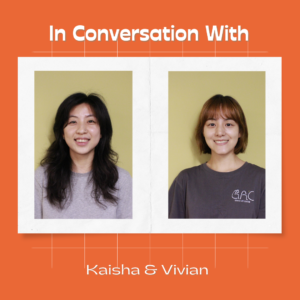 Vivian and Kaisha, how did you meet?
Vivian and Kaisha, how did you meet?
Vivian: We met at a Cantonese class at HKU. We were two foreign students struggling with Cantonese. We clicked quite instantly but we never talked about business until we graduated. I knew that Kaisha was in the art industry and involved in teaching. During my time at university, I was very focused on my studies. I majored in Accounting and Finance, so I had a very practical, realistic view on finding a job in a bank.
We remained good friends after graduation. We started to talk about social enterprises because Kaisha knew that I was interested in the social enterprise area. I just liked the idea of being commercially successful plus having a positive impact.
After Kaisha started teaching more and reaching out to students, she wanted to build a stronger community by renting out a studio space and having a more robust social enterprise business model. That was when she started thinking about me. We are very different in terms of how we work and our personalities. We are the complete opposites but it is a good supplementary relationship. We started building ideas together.
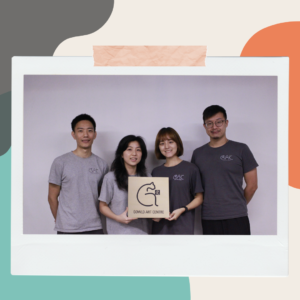
Who is part of your team?
Kaisha: Our team consists of Vivian, Jason Cheung, Brian Cheng, and me. These are the best people I know. I gathered them together and we are creating a lot of synergies. It is a very fun adventure.
I am not a very systematic and organized person, but when I wanted to found GAC, I already had the idea of involving Vivian. I do not gather people based on their background, but on their heart. We all share the same vision. They all have a good heart and are very passionate. I was very happy when they liked the idea of trying this out together. All of us are curious, and we never stop exploring and learning. That is one commonality of our team. The cognitive diversity of our team is the key to our success.
Vivian: Our team is a good fit because we have very different skills, backgrounds, and personalities. I am very eager to drive things forward and kind of a planner. Kaisha is a person with drive and creativity. Everything balanced out already in the beginning. We do not agree with each other all the time. Agreeing with each other in a team is not the best thing that can happen. Having active discussions is very important to grow and improve.
What was your vision when you founded GAC, and has it changed in any ways since?
Kaisha: My vision was to make art more accessible to people. I don’t think that our mission and values have changed. We still believe that art can be used as a tool to open people’s minds. Maybe the way we are doing it has changed; we are still experimenting. Initially I was more focused on exhibitions. Now as I am teaching more, I realized that it is more straightforward when people are directly involved in art.
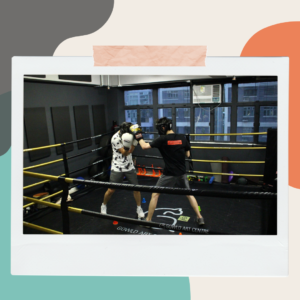 How does one practise arts in life and life in arts? How does GAC facilitate and enable that?
How does one practise arts in life and life in arts? How does GAC facilitate and enable that?
Kaisha: There is the perception of art, that it is difficult and that there is this invisible barrier to art. We are trying to break that perspective.
This is also the reason why we are not specializing in one form of art, but offer a variety of art forms. The focus is not on visual art, this is just a tool. We are promoting creativity and want to bring that to people’s lives. My husband and co-founder, Jason Cheung, really uses his creativity in boxing. While he is doing sports, he is in a creative flow. That is why we want to have many offers for many different personalities. We want to offer diversity.
What challenges did you face in the past? And how did you face them?
Vivian: We always had a pretty clear idea of what we wanted to do and were never running out of ideas. The problem was the realistic way of executing ideas. Good hearts, good drive, and commitment do not solve all problems. We can never fully understand what our customers want. Our broad range of classes and services also means that we are serving very different customers. Those different people have very different ideas about pricing and packages. Especially in the beginning, this was very challenging for us. We are still struggling a lot today, but we learn every day and stay optimistic. Staying financially sustainable and competitive are the most important challenges.
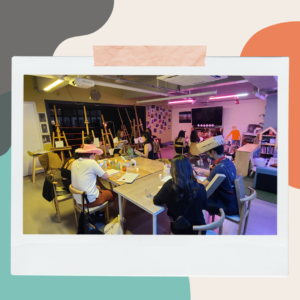 In what ways has the COVID-19 pandemic affected GAC, negatively and positively?
In what ways has the COVID-19 pandemic affected GAC, negatively and positively?
Vivian: In the beginning, it all appeared negative as we had to make drastic changes to our approach. But that has also prompted us to push our boundaries, to learn to adapt to challenges while innovating our way through the circumstances. All external changes were forcing us to shift all our services due to the restrictions. We are responding to the waves and also experiencing public fear. Right now people cannot leave Hong Kong and need to stay here. So people find more motivation to try new activities, as they need new exposure and a place to escape to. If COVID can push us to be more creative, it is guiding us on how to convey our values and the best way to do it. We just have to keep trying. COVID cannot stop art from being the medium of people, and people need art even more in those difficult times.
What are the major personal learnings you have gained as co-founders of GAC?
Kaisha: I am still on a journey. The best thing that I learned was that you learn to relieve your self-limiting beliefs and be okay with being yourself. You do not need to know everything. You should enjoy the process. Every day is an accumulation of unique moments. We easily neglect that.
Vivian: I learned to get rid of my personal limitations. I was naturally a very conscious person about what I can do and what I cannot do. I always knew my strengths and weaknesses, but during our journey I realized that the limitations that we put on ourselves are not eternal. For example, I always said that I am not a creative person. That was my assumption from day one. The more I talked to inspiring people, the more I started to practise being more open-minded and open to creative thoughts.
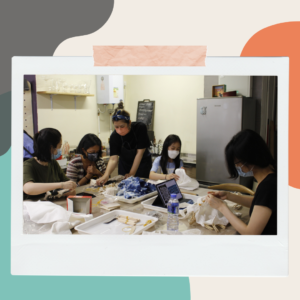 What is your advice for people who would like to create a positive social impact?
What is your advice for people who would like to create a positive social impact?
Kaisha: It does not have to be big. Sometimes it can be intimidating because there are so many great people with great ideas. If you have the heart to create a positive social impact, that is already the first step. Just start with something that matters to you and see how you can connect with other people who share your vision. It is a journey and your path will clarify once you start. Do not worry too much about everything and keep the passion!
Vivian: I know a lot of people with good hearts that don’t dare to do something, because they feel like they would not contribute enough. People do not need to shift from a full-time job to running a social enterprise. For perfectionists or very goal-oriented people, try to free yourself from high expectations and start small. You never really know where you are going to end up, but it is important to start.
Acknowledgment: This interview was conducted and written up by Anne-Sophie Mandel, FSI Communications and Marketing intern.

